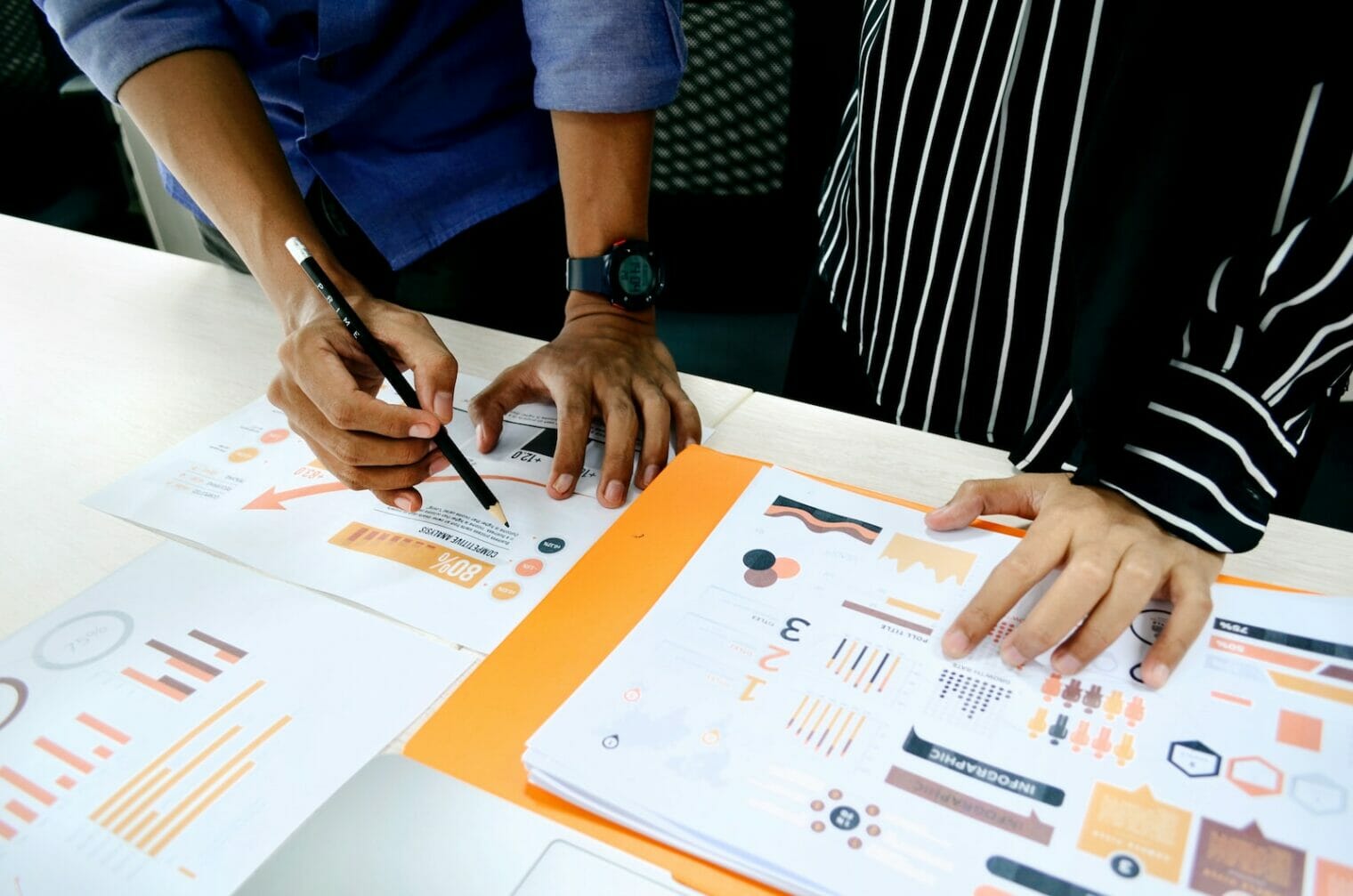Have you ever worked your whole life for something, been doubted, but kept going to be one of the best? Helen Maroulis worked her whole life to be one of the best women wrestlers in the world. She was a girl, therefore, everybody told her that she couldn’t wrestle because of her gender and to give up. To demonstrate, her first time wrestling, she only won 1 match, but, unfortunately lost the other 30. Despite this, she kept working harder and learning. After seven years of self-doubt, discouragement, and hatred towards her, she was invited to go try out for the U.S Women’s Wrestling team. Her whole life, she had grown up wrestling boys, but then she had to adapt to wrestling with girls. Helen went off to compete at the Junior Olympics… and she lost… 2 times. She was tremendously upset to the point where she wanted to quit wrestling. Her coach persuaded her to keep going. Next thing you know, Helen was off to the Olympics. After she won her first two matches, she was notified that she would be wrestling the best woman wrestler in the world from Japan. Saori Yoshida was the best wrestler at the Olympics. She had never been beaten, and everyone was intimidated by her. The most significant thing that I remember about her when I watched her documentary was before she went onto the mat, she told herself, “I can do this, just wrestle, do what you love, and have fun.” This is a quote that I will never forget. She then stepped onto the mat and remembered all the haters who discouraged her from her dream… and she won. She won the Olympics! She won a Gold medal! Helen Maroulis proved everyone wrong. Helen is an awesome wrestler, but more importantly, she taught the world that GIRLS CAN WRESTLE TOO!!! Everyone thought she wasn’t going to even win a match, but there she was, being handed a gold medal. Helen inspires girls all around the world, including me, that girls can wrestle and nothing should get in the way of your dreams. Helen’s shining moment when she won the gold medal inspires me to be a champion wrestler like her.
Girls Can Fight!
Responses to “Girls Can Fight!”
-
Can you be more specific about the content of your article? After reading it, I still have some doubts. Hope you can help me.
-
Can you be more specific about the content of your article? After reading it, I still have some doubts. Hope you can help me.
-
Thank you for your sharing. I am worried that I lack creative ideas. It is your article that makes me full of hope. Thank you. But, I have a question, can you help me?
-
Can you be more specific about the content of your article? After reading it, I still have some doubts. Hope you can help me.
-
Hey Caroline! Great piece. I’ve been thinking about picking up jujitsu, which is supposed to be the most practical form of self-defense. If it weren’t for Josie and Amelie’s comments, I almost thought it was your mom who wrote this! It’s been so long since I’ve last seen you, and in my mind, you’re still that sunshine girl who used to braid Clarissa and Bianca’s hair 🙂
-
Loved your essay and learn so much information. I loved your topic. Good🤗 job!!!!
-
GOOOOODDD JOOOOOBBB!!!!
Touched by what you read? Join the conversation!
-

The Burden of the Female Caretaker Instinct
One in five women struggles with mental health issues like anxiety and depression. According to the World Happiness Report 2021, 28% of respondents reported experiencing burnout. Many reasons for seeking or avoiding help are universal to all populations, but there is a definite gender disparity in how women tend to their emotional wellness. Women – who…
Read more >> about The Burden of the Female Caretaker Instinct
-

Learning Differences In Asian Students
Studies have shown that learning differences are as common among Asians as they are among other countries. Between 5% and 9% of the general population is impacted while approximately 6.3% of Chinese children live with ADHD, nearly 1% live with autism, and 11.32% of Indians, 26.2% of Indonesian, 2.49% of Pakistani, and 7.7% of Japanese children live with ADHD.…
-

Applied Behavior Analysis (ABA)
Applied Behavior Analysis, or ABA, is the scientific foundation of the FBA. ABA is primarily concerned with assessing behavior in the context of the event that immediately precedes it (antecedent) and its consequence, which is the event that occurs following the behavior. By analyzing the relationship between antecedent, behavior, and consequence (ABC), clinicians are able…




Leave a Reply